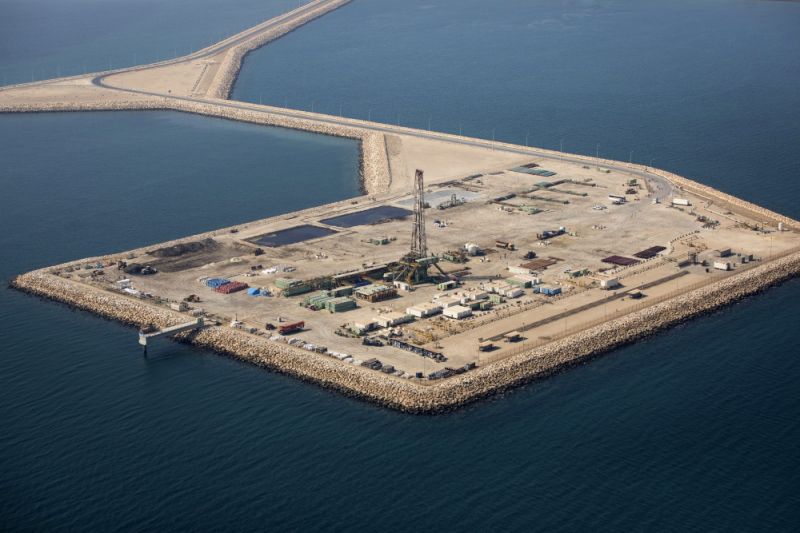With no end in sight to the oil-price war between Saudi Arabia and Russia, their former OPEC+ partners are pleading for mercy as the economic damage worsens.
Algeria and Iraq have urged the Organization of Petroleum Exporting Countries to hold emergency consultations as the market buckles under a flood of crude. Nigeria is openly wondering how much of the brutal worldwide contest for market share it can stand.
There’s little sign that their howls will be heeded in Moscow and Riyadh, where political leaders are digging in for a long conflict. It’s also questionable whether the cartel — even if its two leaders managed to resolve their differences — could staunch oil’s losses as demand goes into free fall.
“It’s in our interests, collective interests, to ensure that we are able to stabilize the market,” Nigeria’s Oil Minister Timipre Sylva said in an interview. “I cannot say for now if there’s any truce in sight.”
The cause of oil producers’ anguish is crude’s plunge to the lowest since 2003. The slump has been mostly driven by the coronavirus pandemic and ensuing lock-downs, which have crushed global oil demand by about 20% as billions of people shelter in their homes.
That’s roughly equivalent to the combined production of the Saudis and Russia before the OPEC+ alliance disintegrated earlier this month, pitching the two countries into an all-out competition for customers.
Saudi Arabia intends to supply more than 12 million barrels a day in April, up from about 9.7 million in February. Such an unprecedented surge could exhaust the world’s capacity to store the burgeoning glut within months, sending prices even lower and potentially leaving some cargoes unsold.
Algeria’s Letter
Other nations in the now-splintered OPEC+ coalition may be hoping that an end to hostilities could alleviate some of the pain.
Algeria — which this year holds OPEC’s rotating presidency — wrote to the cartel’s secretariat in Vienna seeking an urgent meeting of a panel that assesses market conditions. They said the Economic Commission Board needs to hold a teleconference no later than April 10, according to a delegate with knowledge of the letter.
While some delegates said they did expect the virtual meeting to take place, others were less sure, saying the chances look uncertain. A similar letter from Iraq last week requesting that ministers hold an emergency session went unheeded.
After three years of leading production cuts to support prices, Saudi Arabia seems intent on pressing on with maximum output. It has shown little interest in cooperation with OPEC+, pulling out of another committee conference call that had been due to take place earlier this month. Even signals of impatience from its principal political ally, the U.S., don’t appear to be having much influence.
And Russia, the most influential non-OPEC member in the broader alliance, has signaled it’s sticking to its position that producers are better weathering the current storm than attempting to intervene.
Given the magnitude of demand losses from the coronavirus, Russia’s Deputy Energy Minister Pavel Sorokin said on Friday that any action by OPEC+ would be a “drop in the ocean.”
Grant Smith, Bloomberg
For more articles like this, please visit us at bloomberg.com














